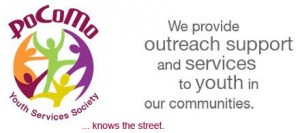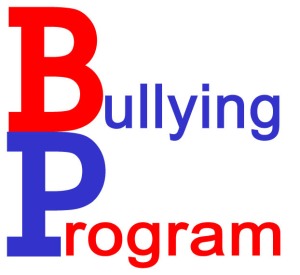Port Coquitlam is currently working on an anti-bullying by-law which will give law-enforcement officers the power to charge people who are apprehended for bullying related offences. In November, Port Coquitlam participated in an anti-bullying campaign which was launched as a result of the suicide of Amanda Todd, the teenaged girl who committed suicide earlier this year as a result of bullying.
The anti-bullying bylaw would be the first law of this type to be passed in British Columbia. Plans are in place to have fines which would range from $200.00 to $2000.00, depending on the specifics of the offence.
People who are charged and fined with a bullying offence will be given the opportunity to have their ticket fees waived if they agree to participate in an anti-bullying course developed through the PoCoMo Youth Society.
 The PoCoMo Youth Services Society was established in 1992 under the name PoCoMo Teen Centre Society and their original mandate was to develop teen centers in the three British Columbia Cities of Coquitlam, Port Coquitlam and Port Moody. Their website is www.pocomo.org.
The PoCoMo Youth Services Society was established in 1992 under the name PoCoMo Teen Centre Society and their original mandate was to develop teen centers in the three British Columbia Cities of Coquitlam, Port Coquitlam and Port Moody. Their website is www.pocomo.org.
Another Canadian City which has had an anti-bullying bylaw in place since 2006, is Regina, Saskachewan. The bylaw in Regina was created as a result of the tragic bullying case of Reena Virk. Regina has defined bullying as: “any objectionable or inappropriate comment, conduct or display by a person directed at an individual not of the same household intended to intimidate, humiliate, ridicule or isolate, which causes or is likely to cause physical or emotional distress.”

Smartphone use can contribute to bullying incidents
The Regina bylaw also makes reference to bullying which results from the use of electronic devices, obviously a reference to the increasing seriousness of cyber-bullying. Regina also makes it possible for those charged to have the fee dropped by agreeing to participate in an anti-bullying course.
Regina officials feel the anti-bullying bylaw has helped to education its residents about bullying. They believe that it is important to raise awareness of the problem and help people understand the seriousness of bullying situations.
Some residents of Toronto believe that an anti-bullying bylaw would be a good thing for their city, as an effort to help increase awareness about a societal situation which in some cases has gotten out of hand.
I believe that education is a very important piece in the puzzle to reduce bullying. As society becomes more aware and more empathetic, our citizens will begin to raise the standards related to what is acceptable by society in general in the area of human relations and more specifically, bullying.
Please spread the word; bullying is not acceptable, in any form.
Stand Up Against Bullying!
Bruce Langford is an anti-bullying advocate in southwestern Ontario.













